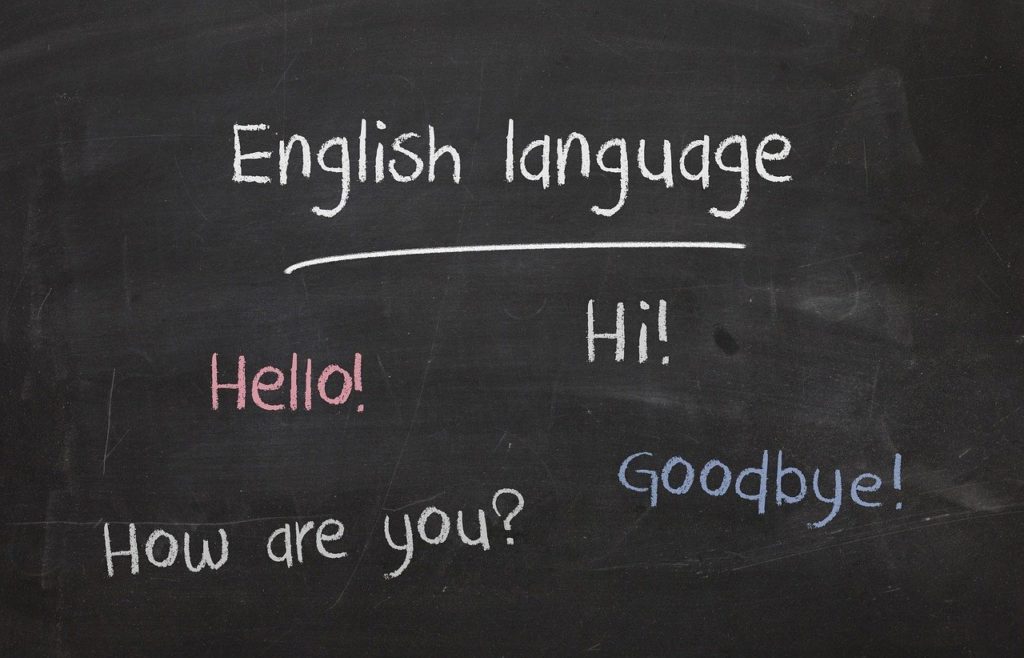Recently a reader asked me what the AP Stylebook says about the difference between affect and effect.
My first inclination was to tell them that this is one of those cases where the issue is not one of AP Style, but rather grammar and definitions, which the Associate Press Stylebook leaves up to other authorities. However, one of the things that separates professional freelance writers from amateur writers is that professional writers check their facts first. So, I looked up “affect” in my AP Stylebook and lo, and behold, there was an entry.
In all fairness, the AP Stylebook entry for affect is essentially the same information one would glean from either the grammar book Elements of Style (Strunk and White) or any old Webster’s dictionary lying around. However, the AP Style guide book does offer one very helpful tip:
Avoid using affect as a noun. It’s occasionally used for a specific purpose in psychology (as in affectation) but is best avoided in every day language.
Definition of Effect vs Definition of Affect
What makes using effect or affect correctly so difficult is three fold.
First, the two words sound very much alike, so as you learn them from hearing them spoken, it is possible to mishear whether the person said affect or effect, assuming that they were used correctly by the speaker in the first place.
Second, the two words can also have similar meanings, so even if you are hearing or reading the correct word, catching the exact nuance of how to use affect or effect properly versus a generalized meaning from context can be difficult.
Third, both words can be both nouns or verbs, which makes separating out each meaning even more complex.
When To Use Affect
As noted above, using affect as a noun is generally best avoided. Although it has a meaning in the context of psychology, that meaning has nothing to do with cause or influence, which is how most people use the words. Unless you are describing a particular emotion or mental state, using affect as a noun is incorrect.
When used as a verb, affect means to influence. It does NOT mean to cause. (That’s effect).
In other words, if something influences the outcome, then it affects the outcome.
- The quality of his pitching affected the outcome of the game.
- His tie will affect his chances of getting the job.
Rules for Using Affect
- Use affect only as a verb.
- Use affect when you mean influenced, contributed to, or swayed.
- Do not use affect as a noun.
- Do not use affect if you mean caused.
When To Use Effect
Unlike affect, effect is commonly, and properly, used as a noun.
As a noun, effect means the result.
- The effect of using yellow paint was a brighter room.
- The law had no effect.
As a verb, effect, means to cause, not just to be one of multiple influences. This is not what you mean in most cases when you feel like using effect.
- The CEO effected a new organizational strategy.
The above is not the common usage and probably should only be used if you really need it. In the above sentence, for example, the word implemented would probably be clearer.
Affect as Verb – Effect as Noun
Where we end up after all of technicality and notation of the rarely used exceptions is that in most cases you should use affect as a verb and effect as a noun. Sure, there are exceptions, but if you use this short-hand rule for using affect versus effect, you will only be rarely wrong.

1 thought on “Affect vs Effect – AP Style”